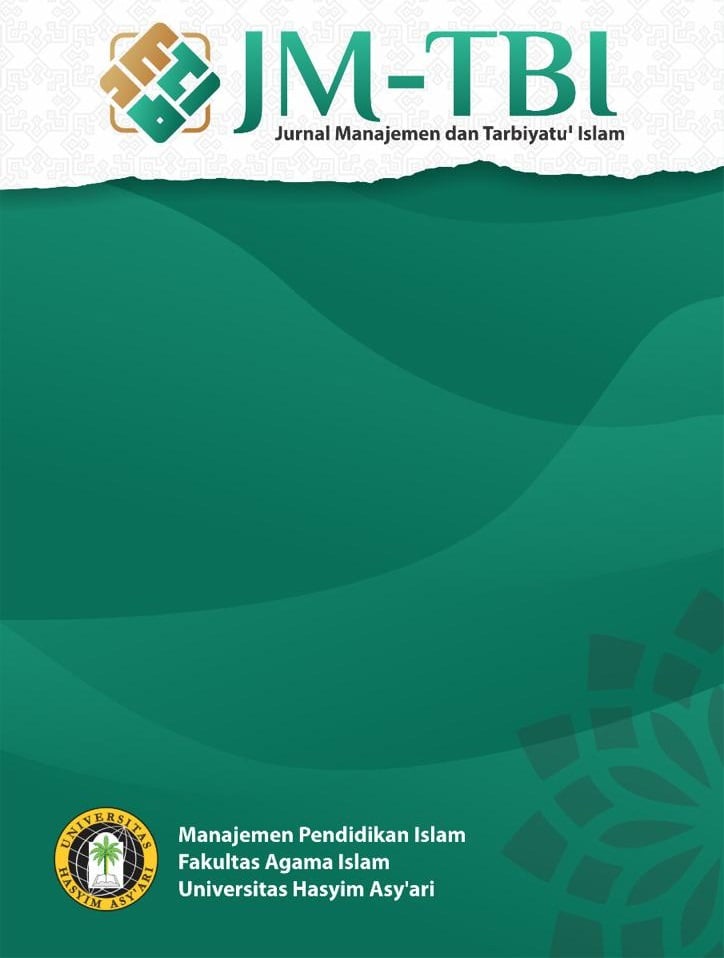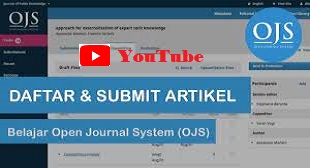Manajemen Sumber Daya Manusia dalam Pengembangan Potensi Siswa Berbasis Multiple Intelligence
Keywords:
Human Resource Management, Student Potential, Multiple IntelligencesAbstract
Abstract
Student potential has the possibility to be developed through the educational process, developing this potential requires assistance from human resources, namely teachers. But before that, teachers must also have experience and be professional in their field of teaching. Developing potential based on multiple intelligences will make it easier for students to solve problems. Therefore, human resource management is very necessary in this case. This research aims to (1) describe how human resource management is, (2) describe student potential, (3) describe how multiple intelligence is applied, and (4) describe how human resource management is in developing student potential based on multiple intelligence. This research uses a qualitative method with a case study approach. The research was conducted at MTsN 6 Kediri. The research results obtained were in accordance with the objectives set by the researcher.
Downloads
References
Adawiyah, Robi’atul. (2015). Pengaruh Model Pembelajaran Berbasis Multiple Intelligences terhadap Prestasi Siswa Kelas V Mata Pelajaran PAI di SD Al-Kautsar Blimbing Malang. Prodi PAI: UIN Maulana Malik Ibrahim. Malang.
Akhirin. (2015). Pengembangan Potensi Anak Perspektif Pendidikan Islam. Jurnal Tarbawi. Vol. 12, No. 2
Anggito, Albi & Johan Setiawan. (2018). Metodologi Penelitian Kualitatif. Jawa Barat: CV Jejak.
Ansory, H Al-Fadjar & Indrasari, Meithiana. (2018). Manajemen Sumber Daya Manusia. Sidoarjo: Indomedia Pustaka.
Bulhayat, dkk. (2022). Pengantar Manajemen Pendidikan Islam. Malang: CV. Literasi Nusantara Abadi
Fauziah, Siti Fa’iz & Suwandi. (2021). Pengaruh Kompetensi Sosial Guru terhadap Sikap Sosial Siswa di Madrasah Tsanawiyah Salafiyah Syafi’iyah Seblak Diwek Jombang. EDUDEENA: Journal of Islamic Religious Education. Volume 5, Issue 1, 11-20. Retrieved from: https://jurnalfaktarbiyah.iainkediri.ac.id/index.php/edudeena/article/view/273. DOI: https://doi.org/10.30762/ed.v5i1.2830
Mujib, Abdul & Jusuf Mudzakir. (2008). Ilmu Pendidikan Islam. Jakarta: Kencana Prenada Media Group.
Pratiwi, Rahayu & Suwandi. (2023). Pengaruh Fasilitas dan Pengelolaan Perpustakaan terhadap Minat Baca Siswa di MTs Salafiyah Syafi’iyah Tebuireng Jombang. JUPE: Jurnal Pendidikan Mandala. Volume 8 Issue 2, 335-343. Retrieved from: https://ejournal.mandalanursa.org/index.php/JUPE/article/view/4962. DOI: http://dx.doi.org/10.58258/jupe.v8i2.4962
Rivai, Veithzal & Ella Janvani Sagala. (2011). Manajemen Sumber Daya Manusia untuk Perusahaan. Jakarta: Raja Grafindo.
Sugiyono. (2011). Metode Penelitian Kuantitatif, Kualitatif, dan R&D. Jakarta: Alfabeta.
Suwandi & Khoirul Umam. (2021). The Role of Leadership in Forming Organizational Culture in Islamic Education Institutions. Jurnal EVALUASI. Vol. 5, No. 2, 240-254. Retrieved from: https://e-journal.staima-alhikam.ac.id/evaluasi/article/view/732 DOI: http://dx.doi.org/10.32478/evaluasi.v5i2.732
Trianto. (2012). Model Pembelajaran Terpadu: Konsep, Strategi, dan Implementasinya dalam KTSP. Jakarta: Bumi Aksara.
Uno, Hamzah B. & Masri Kuadrat. (2009). Mengelola Kecerdasan dalam Pembelajaran. Jakarta: Bumi Aksara.

































